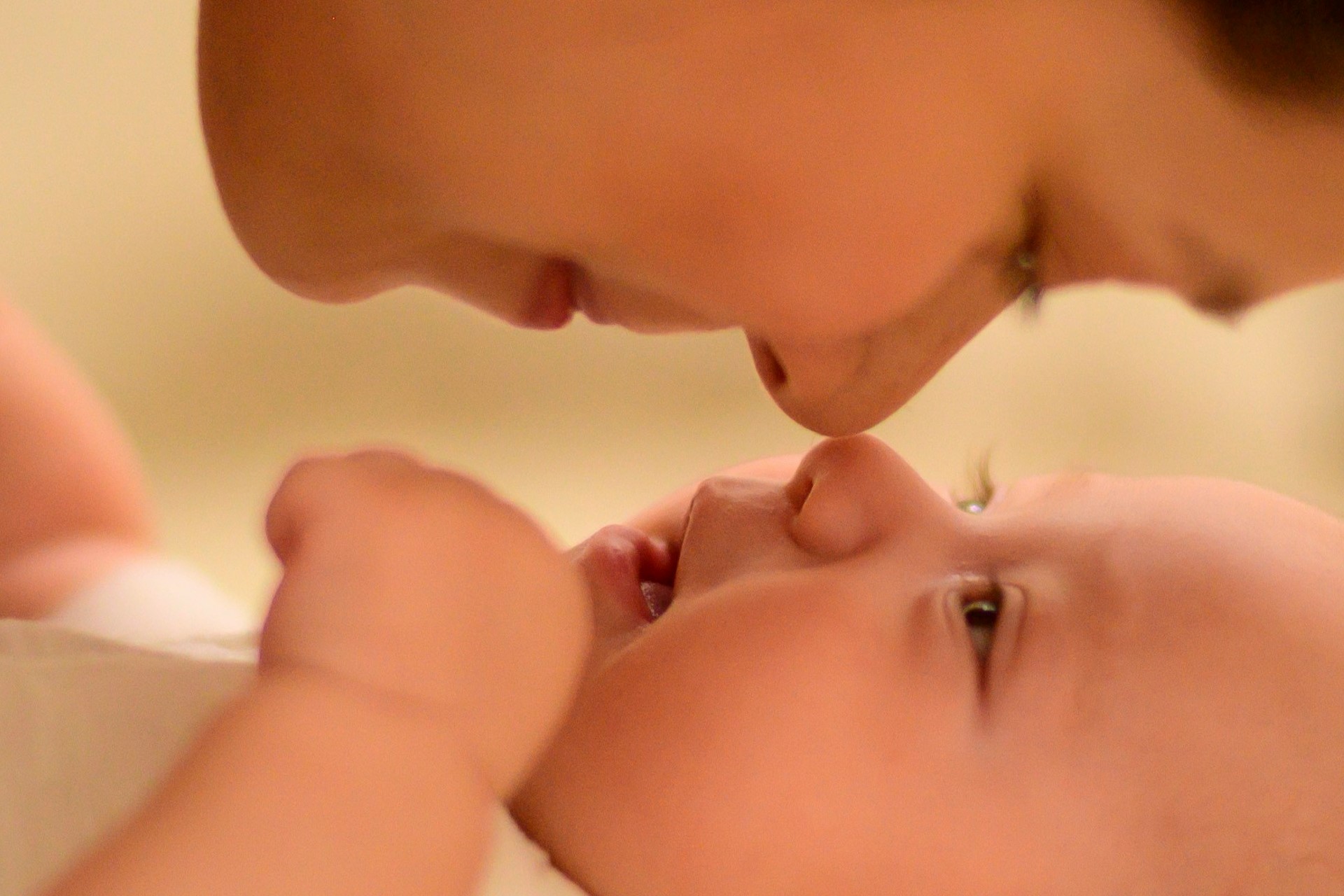
Body + Mind is reader-supported. We may earn an affiliate commission when you buy through some of the links on our site.
Having a new baby for first-time parents can be nerve-wracking. Here are some essential baby health tips to ease your journey and create a safe environment for your little one.
Feeding your little one is like laying the foundation for their growth and happiness. It’s one of the essential baby health tips that could help you. Understanding what they need and keeping it healthy makes the journey more exciting.
Breastfeeding is like a superfood for babies. Most infants still breastfeed when they reach six months because it contains nutrients and antibodies that help them grow healthy and strong. It’s not just food for the little ones — moms benefit too.
Breastfeeding aids in quicker recovery after childbirth, reducing bleeding and shrinking the uterus back to its standard size. Moms who breastfeed have a lower risk of certain cancers like breast and ovarian cancer, giving them extra health protection in the long run. It’s also a heartwarming experience that builds a strong bond between moms and their babies.
Proper breastfeeding techniques involve mastering two key elements: latching and positioning. Look for signs of hunger, like rooting or sucking on hands.
Pay attention to their sucking patterns to gauge when they’re satisfied. Place pillows under your arms or behind your back to maintain a comfortable posture during breastfeeding. This helps prevent back and neck strain.
Encourage the baby to open their mouth wide before bringing them to the breast. A wide latch helps the baby take in more breast tissue, making breastfeeding more comfortable and practical.
Whether it’s the cradle hold, cross-handle hold, football hold or side-lying position, choose one that suits both you and the baby. Experiment to find what feels more comfortable.
Ensure the baby’s body is facing yours, with their nose in line with your nipples. This helps them latch on more easily and facilitates swallowing.
Many moms opt for formula feeding and it’s a perfectly excellent choice. Bottle feeding is a chance for bonding. Hold your baby close, make eye contact and enjoy these special times together.
Newborns typically feed every 2-3 hours but every baby is unique. They usually have their timetable.
Your baby will tell you when they’ve had enough or want more. Newborns usually consume about 2-3 ounces per feeding but this varies. Watch for those adorable signs like turning away or eagerly reaching for the bottle.
Safe Formula Storage and Handling
These guidelines are general and individual babies may have different needs. Consult with your pediatrician.
Starting solid foods is a big step for your baby, recommended around six months. Look for signs like sitting with support, interest in your food and tongue control. Here are some first foods you can prepare that are easy to make:
Avoid honey due to the risk of infant botulism. Try one new food at a time to watch for allergies. Begin with smooth purees and gradually move to lumpier textures.
One of the best baby health tips for baby hygiene is choosing fragrance-free baby soap and shampoo. Use lukewarm water around 37°C and test with your elbow to ensure it’s not too hot.
Clean your baby’s body and hair gently, avoiding the eyes. Use a soft washcloth.
Keep baby dry by changing diapers regularly. Use fragrance-free. Alcohol-free baby wipes or clean with water. Give some diaper-free time to let the skin breathe.
Create routines for you and your baby. Have a to-do list for activities or playtime with your baby that you want to try and follow daily, even on days you may not feel like it.
Pick breathable, soft cotton clothes. Dress your baby in loose clothes to avoid skin friction. Keep the room comfy to prevent skin irritation.
Getting vaccines on time is super essential for your child’s health. Vaccines protect them and everyone around them from serious diseases, creating a shield against infections. Common vaccines and benefits are:
Vaccines are tested and safe. They are scheduled to keep the immune system balanced.
Following these guidelines creates a safe sleep environment for your baby, promotes healthy sleep and reduces the risk of sleep-related accidents. Always consult with your pediatrician for personalized advice on safe sleep practices.
These essential baby health tips offer a roadmap for parents to care for their little ones. Trust your instincts, seek professional advice and enjoy the journey of parenthood.
Your email address will only be used to send you our newsletter, and at any time you may unsubscribe. For more information, see our Privacy Policy.